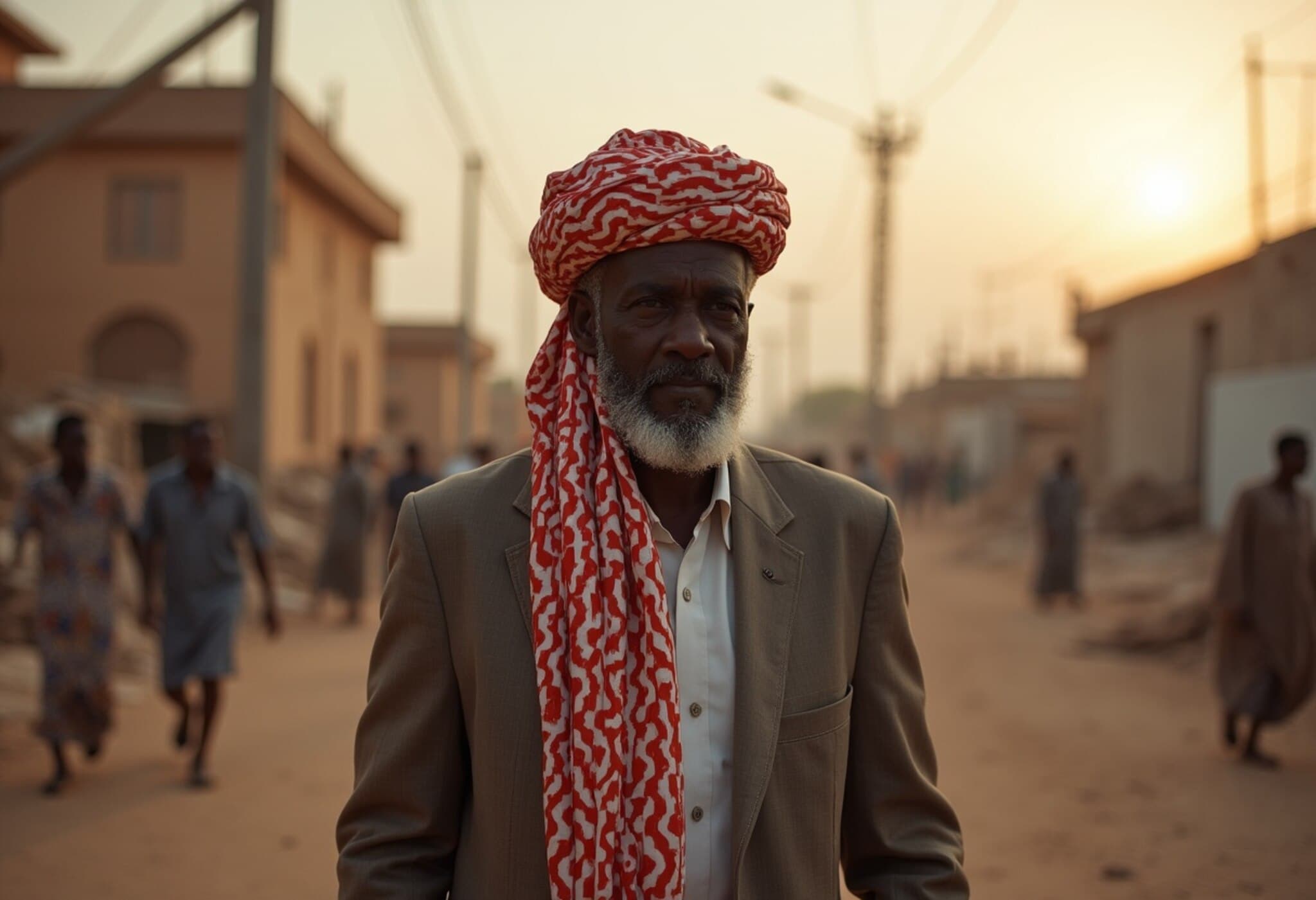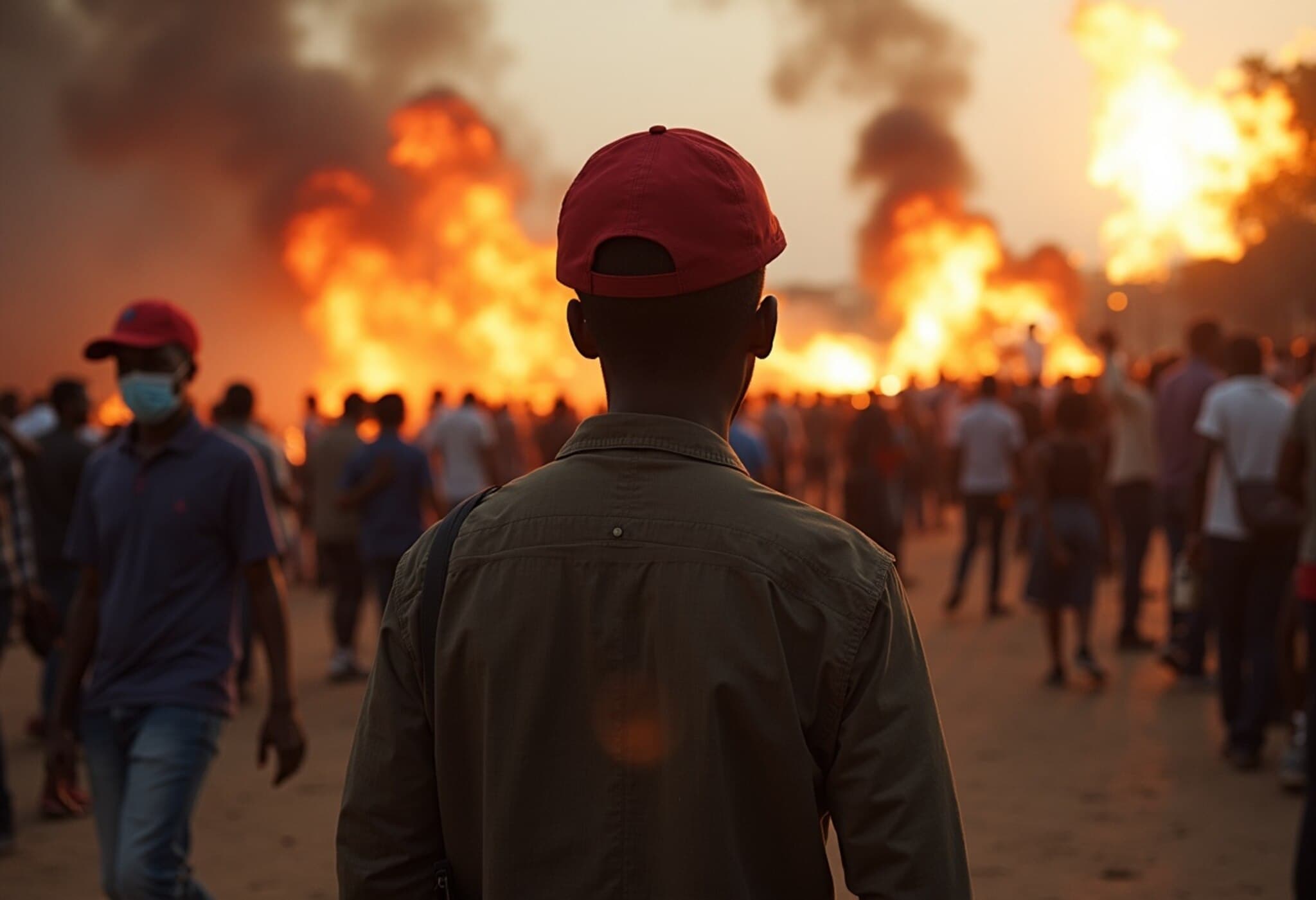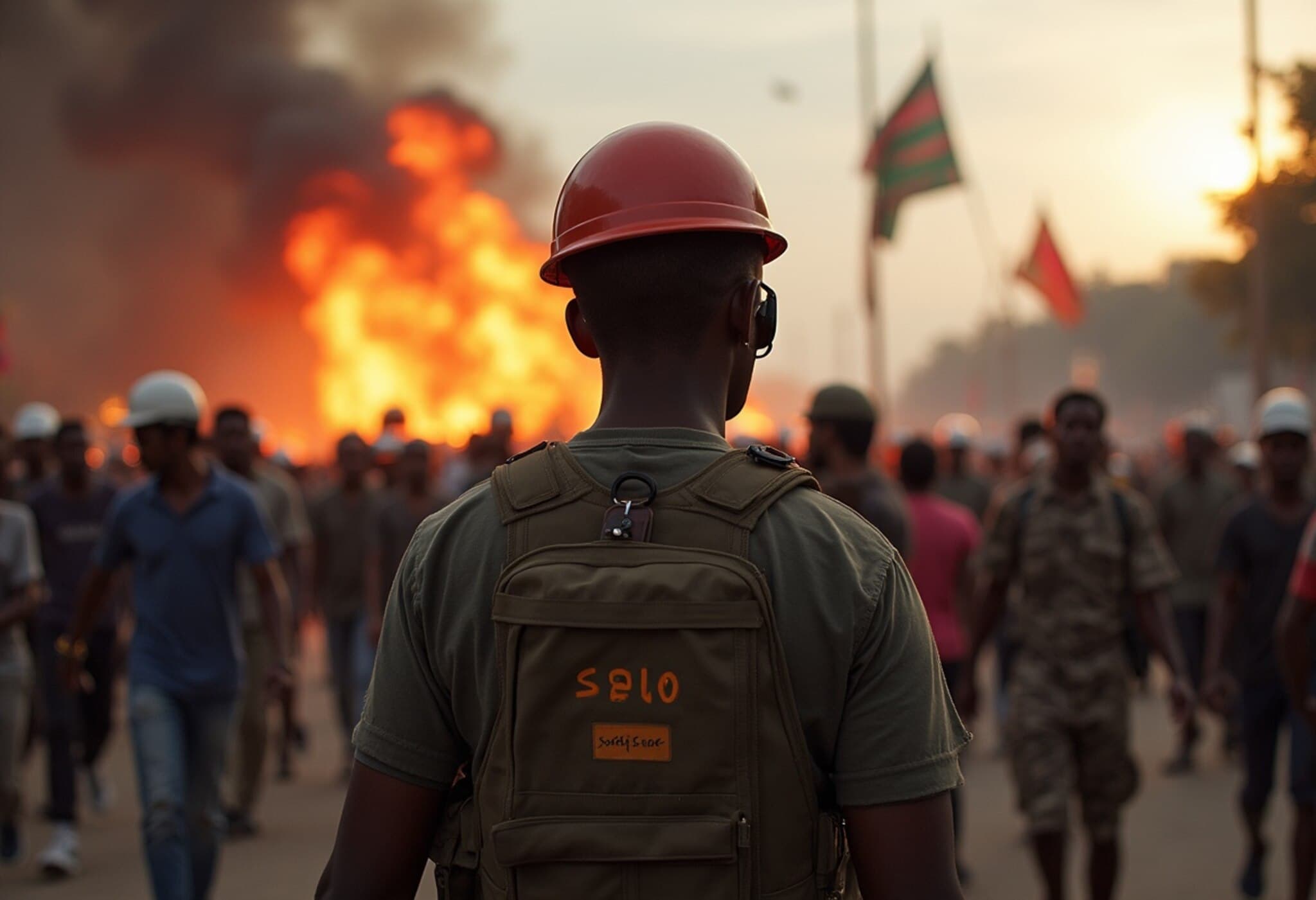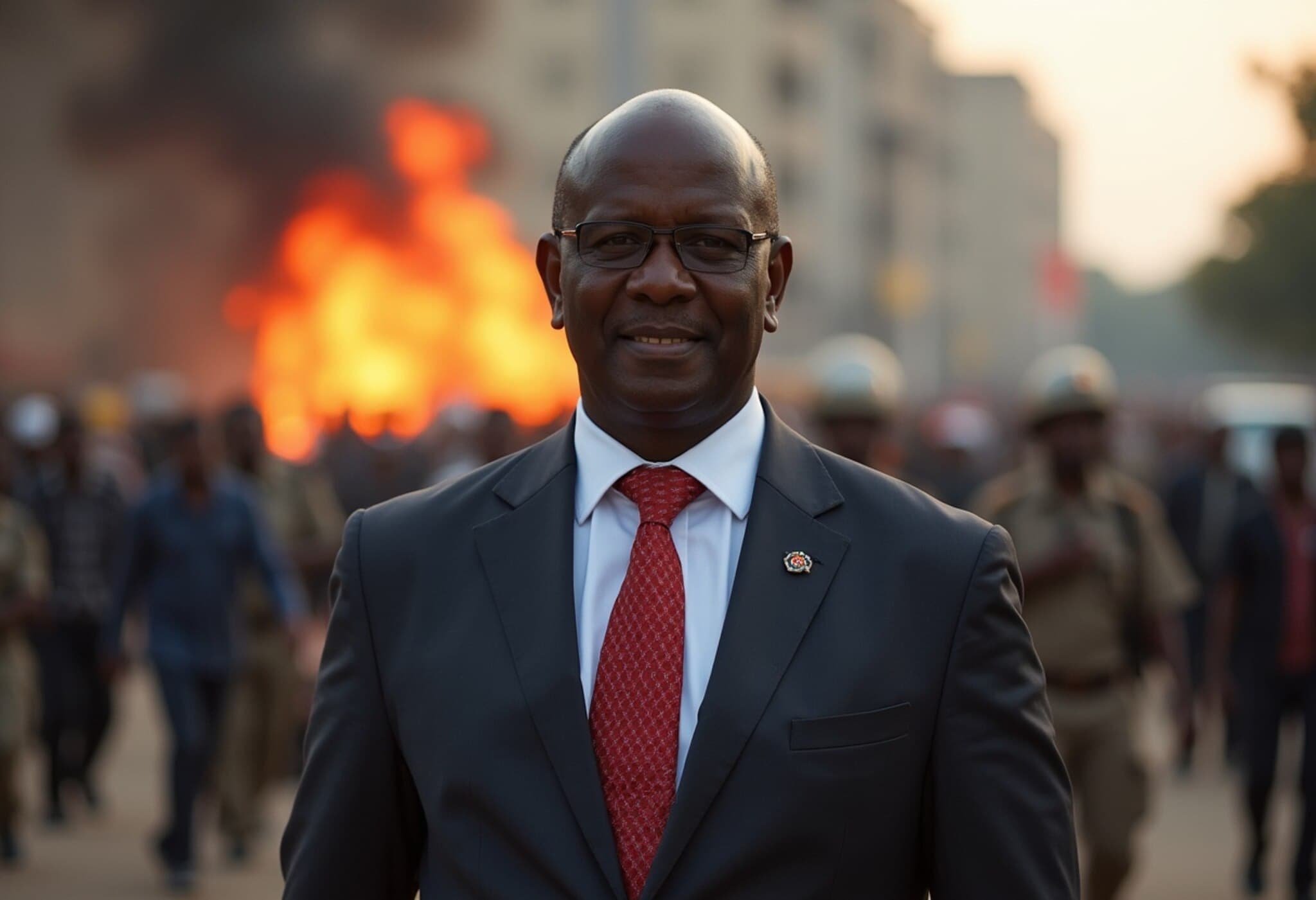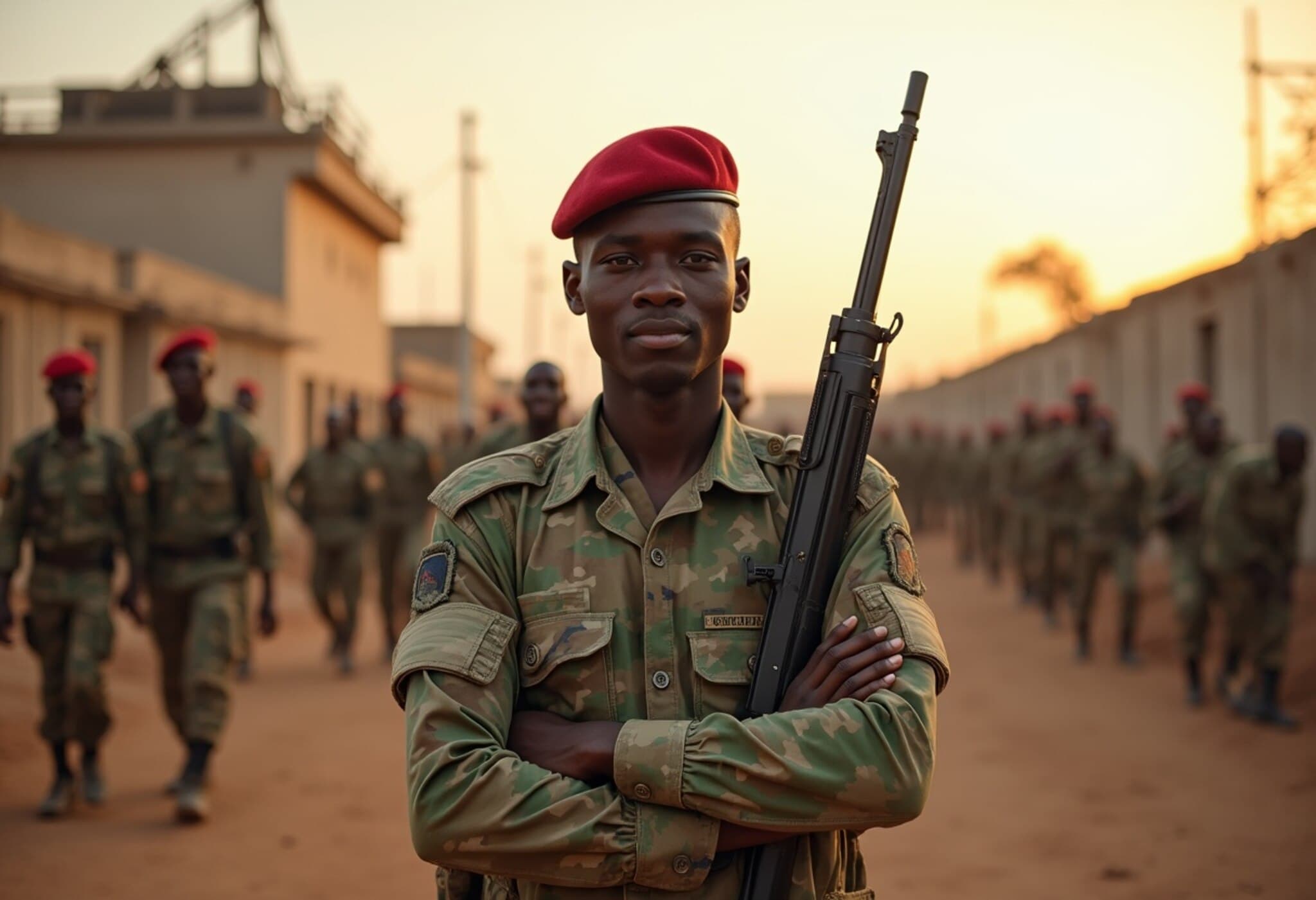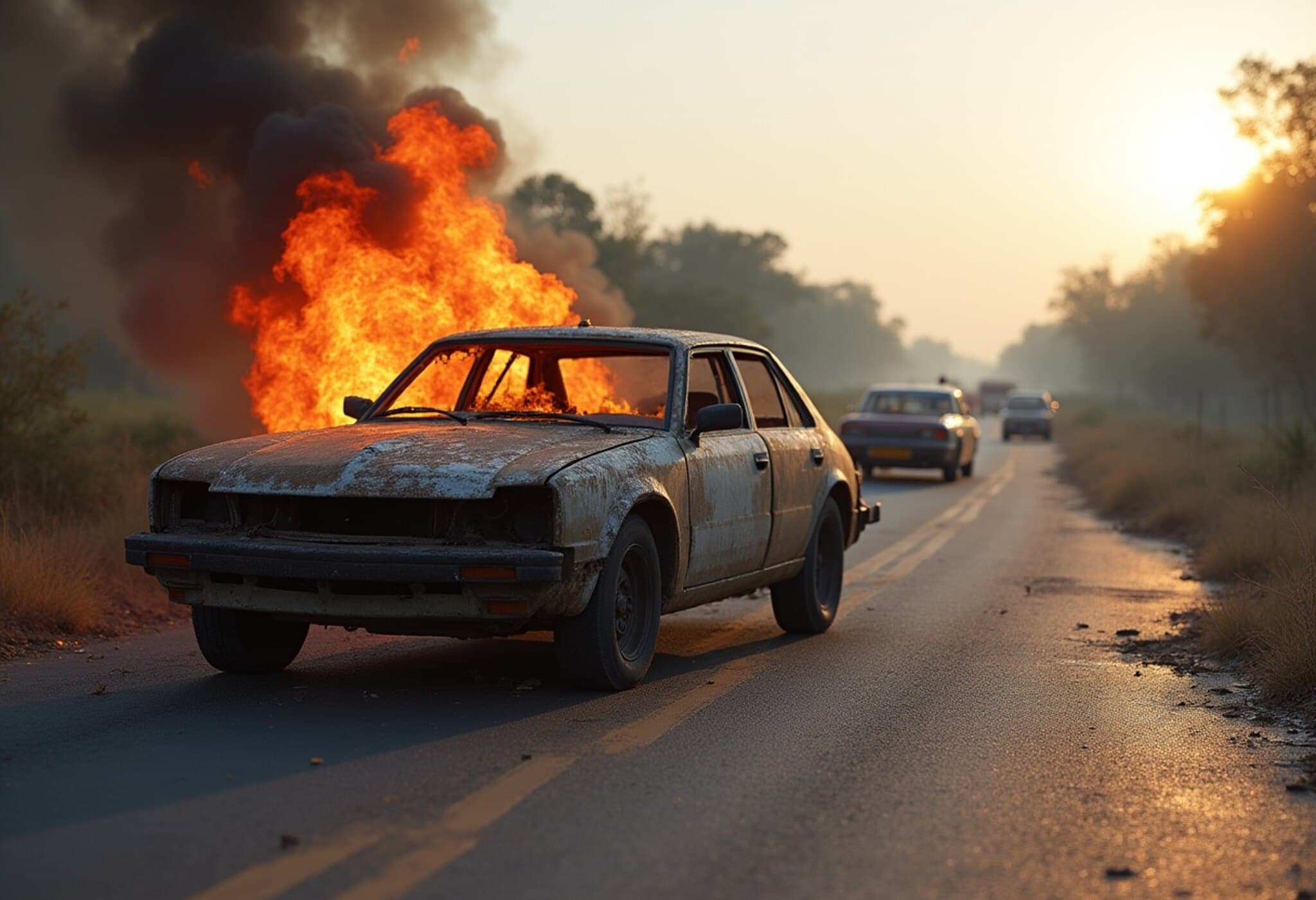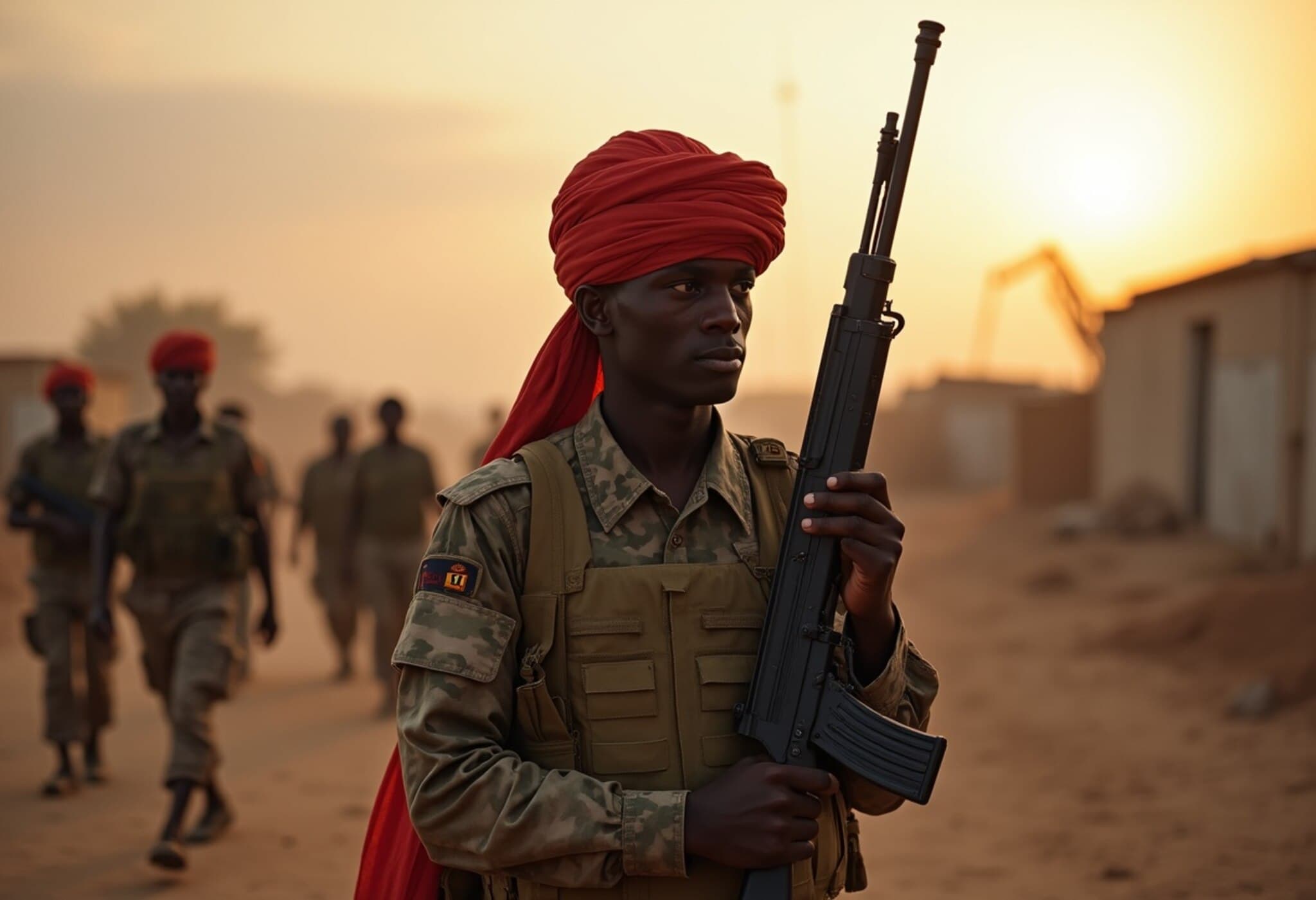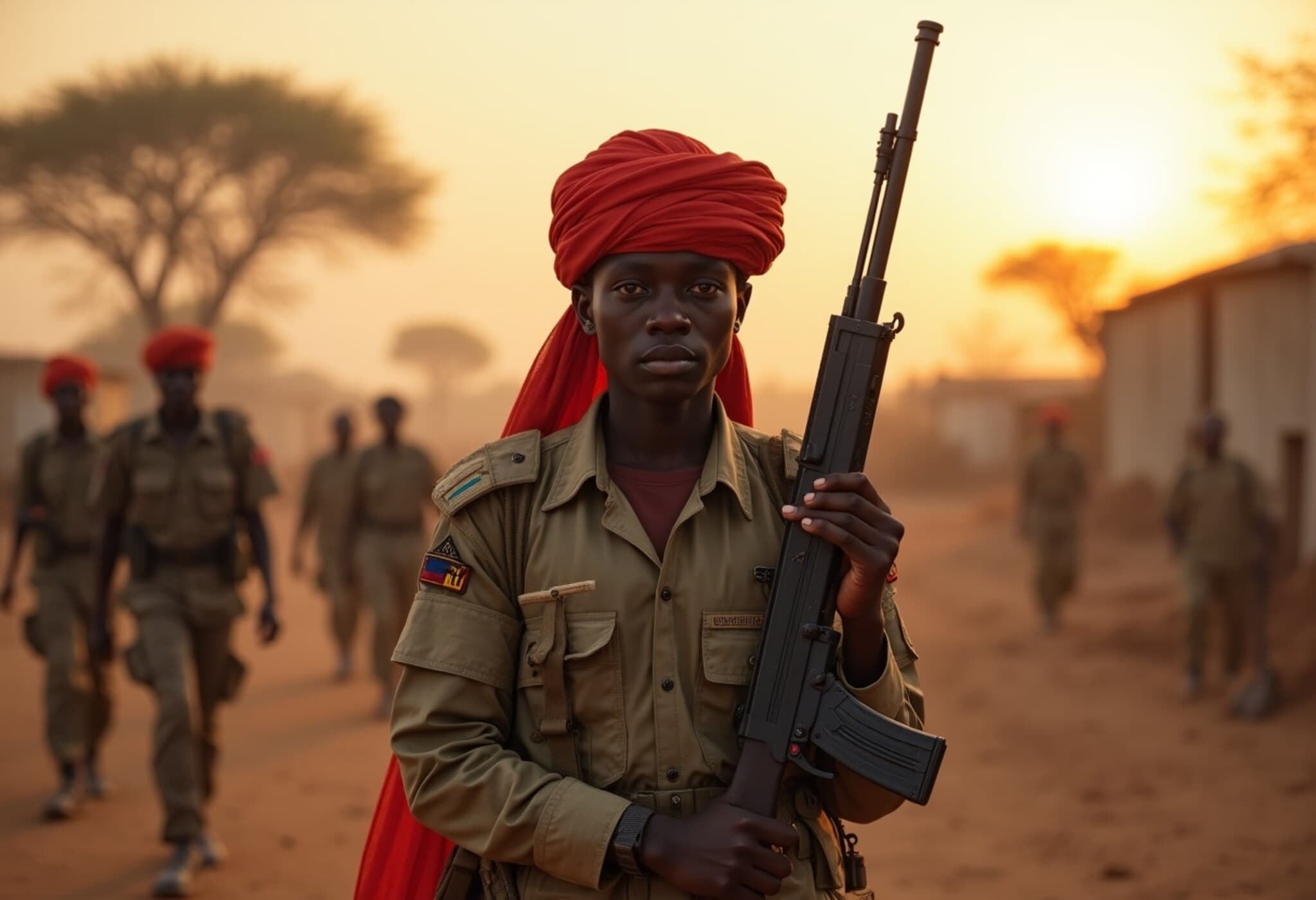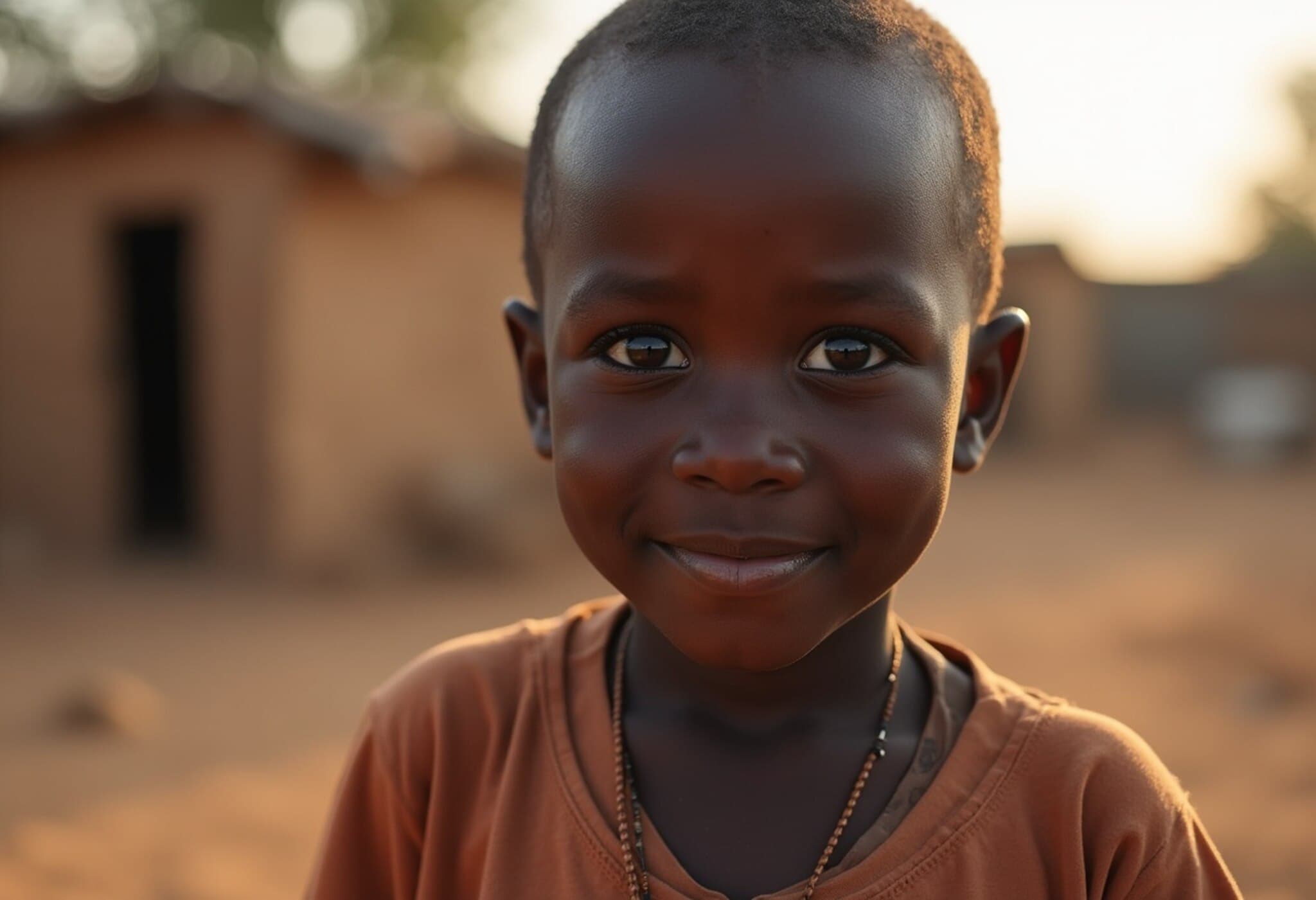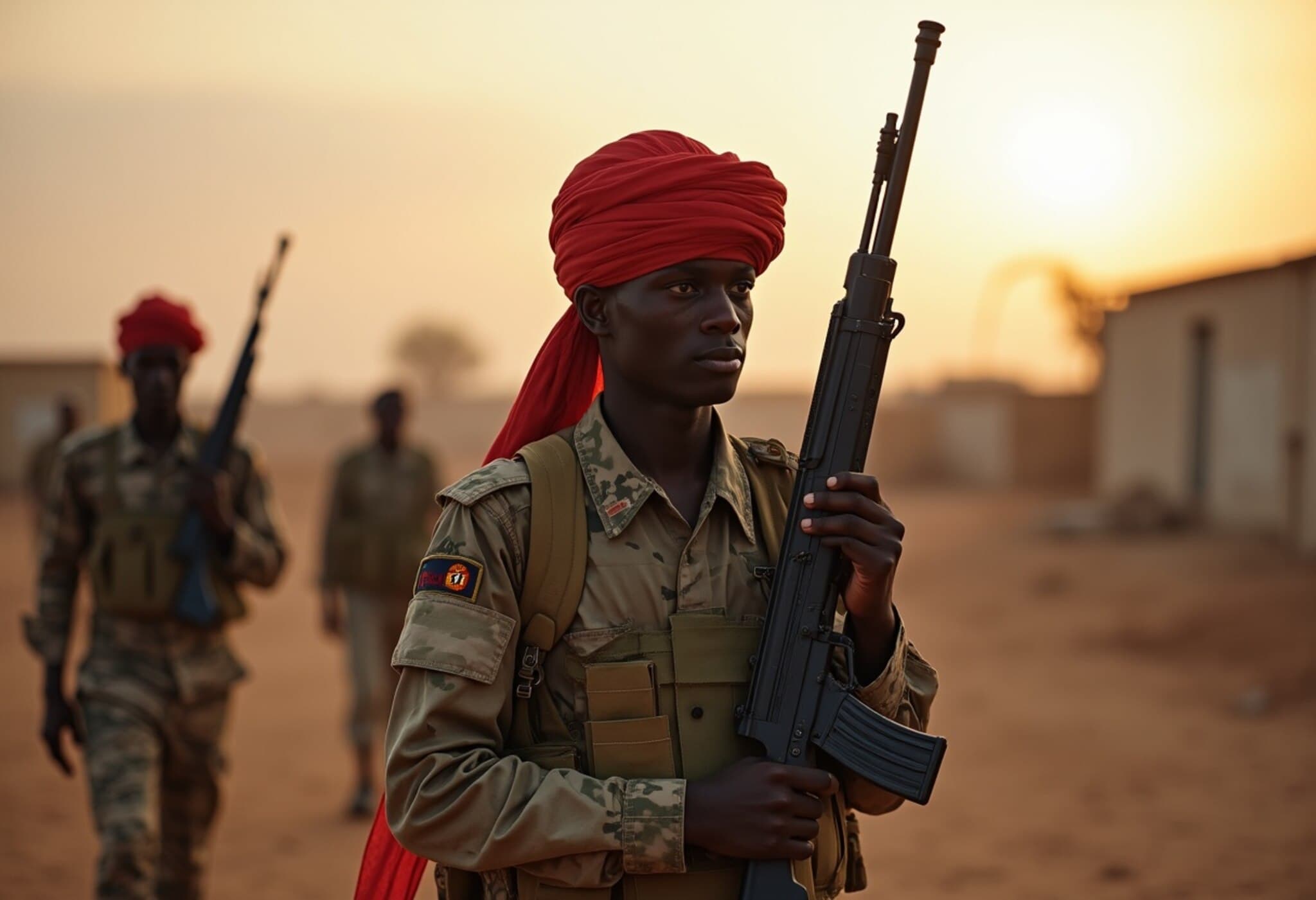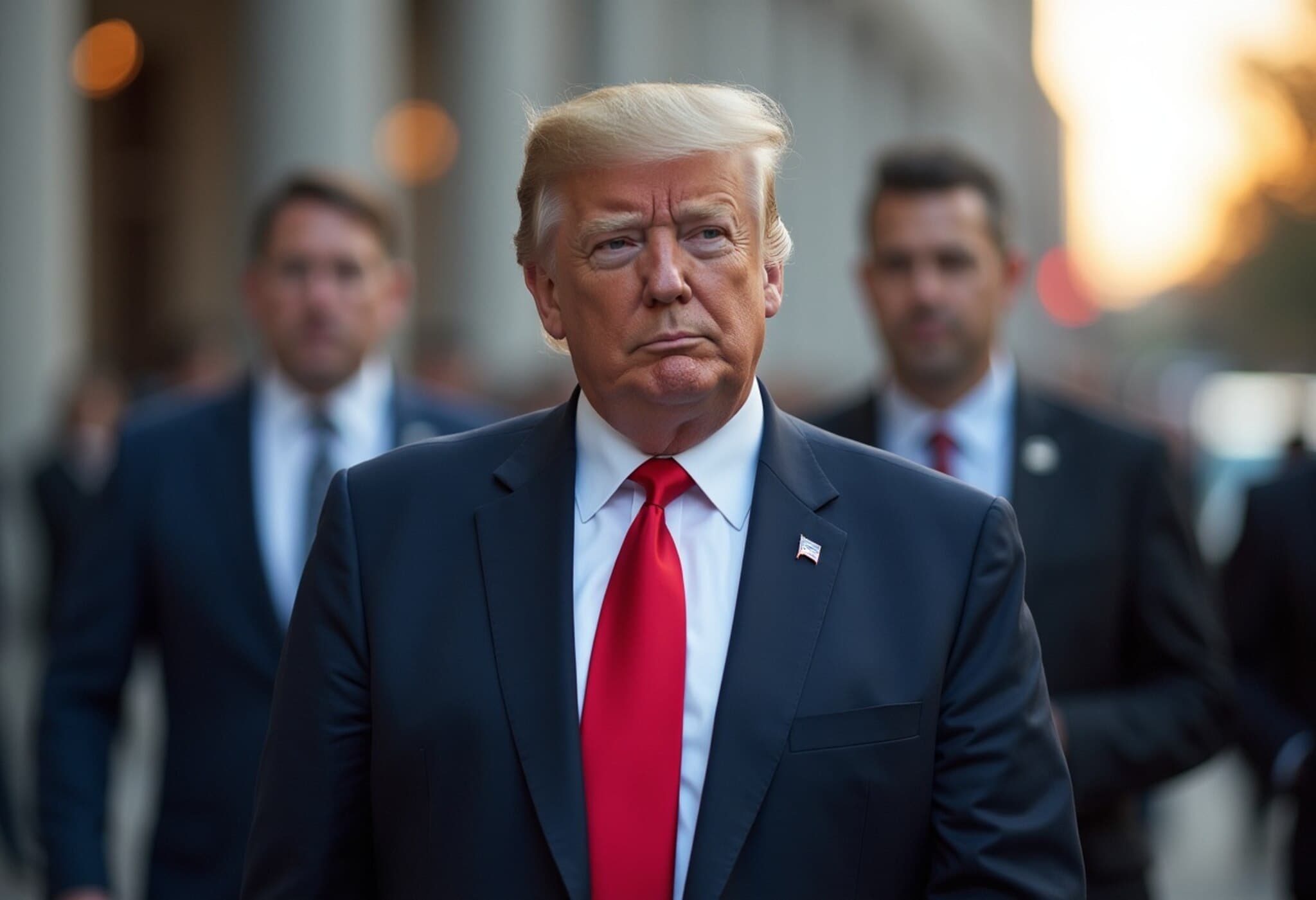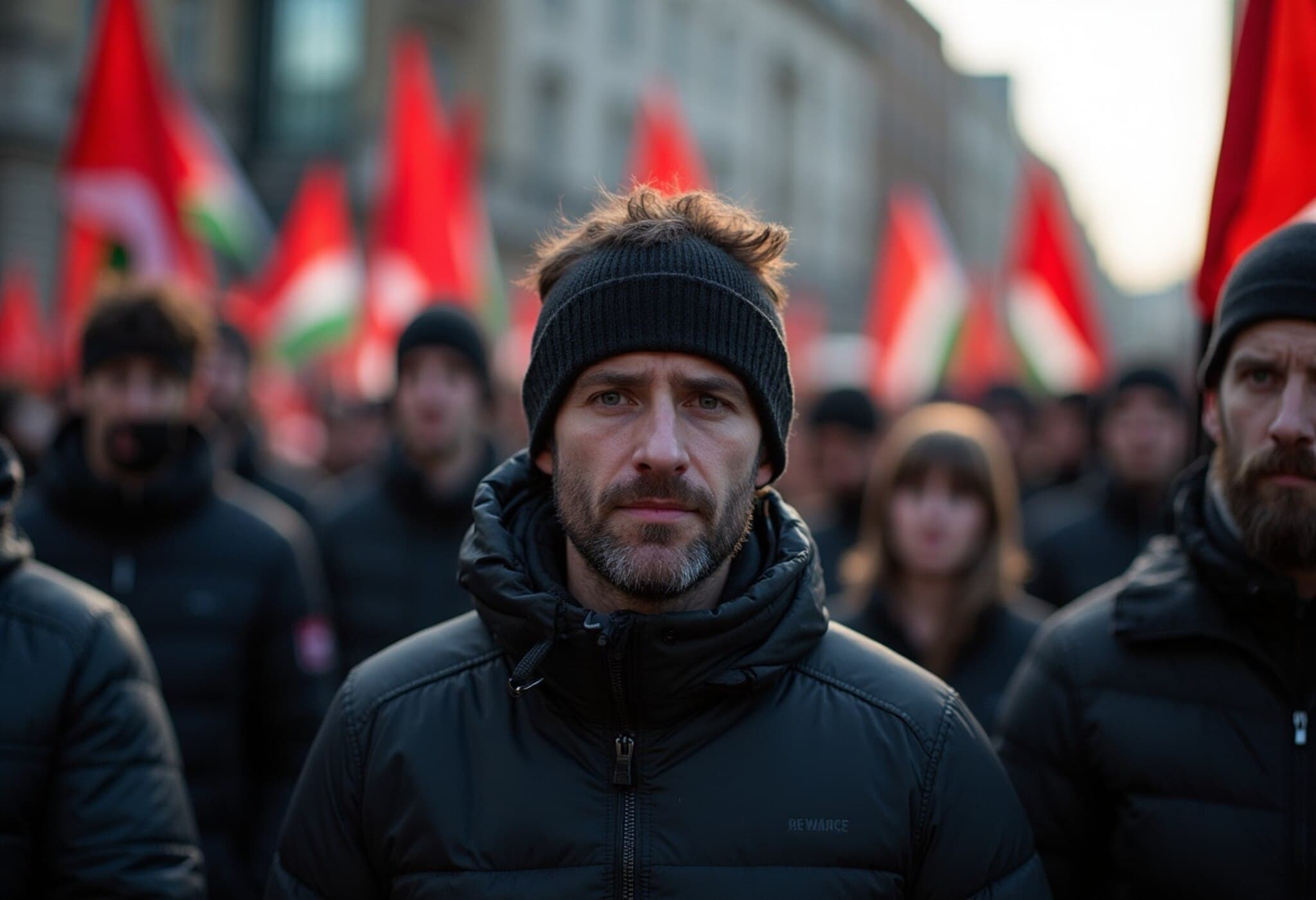Sudan's Prime Minister Makes Historic Return to Khartoum
In his first visit to Sudan's capital since taking office in May 2025, Prime Minister Kamil Idris took a solemn tour of Khartoum's devastated infrastructure, pledging a bold commitment to rebuild the city after more than two years of brutal conflict.
Khartoum, once a vibrant hub home to millions, has suffered near-total destruction amid violent clashes between Sudan's national army and the paramilitary Rapid Support Forces (RSF). Over 3.5 million residents fled the capital, seeking safety from widespread violence and chaos.
Ambitious Plans to Restore National Pride
Prime Minister Idris articulated sweeping repair projects designed not just to reconstruct physical structures but to reinstate Khartoum’s spirit as a beacon of national pride. "Khartoum will return as a proud national capital," he declared, as reported by Sudan’s state news agency.
The government estimates that the comprehensive nationwide recovery process could demand an astounding $700 billion, with nearly half of that pledged for Khartoum alone—underscoring the immense scale of destruction and the monumental challenge ahead.
Strategic Military and Government Developments
Accompanying Idris on this visit was Sudan’s army chief and de facto leader Abdel Fattah al-Burhan, who played an instrumental role in appointing the new premier. The military reclaimed Khartoum airport in March following almost two years under RSF control, bolstering the army-aligned government’s efforts to regain full control of the capital.
Although the government continues to operate from Port Sudan on the Red Sea due to security concerns, there are active plans underway to relocate ministries back to Khartoum, signaling a strategic push towards normalization amid ongoing national turmoil.
Critical Challenges: Infrastructure, Health, and Security
The physical scars on Khartoum are staggering. Tens of thousands of casualties reportedly occurred during intense urban warfare, and the city now grapples with widespread looting and destruction. Aid agencies highlight rampant theft—including paramilitary forces stripping copper wire from power lines—leaving large swathes of the city without electricity.
The collapse of water infrastructure has precipitated a serious outbreak of cholera, with health authorities documenting up to 1,500 cases daily last month. Prime Minister Idris pinpointed water restoration as the "primary concern delaying the return of citizens to their homes." This public health crisis adds a devastating layer to the humanitarian challenge.
Rehabilitating Key Economic Assets
Idris’ visit also included the Al-Jaili oil refinery north of Khartoum, a vital facility once processing 100,000 barrels per day but now reduced to a charred skeleton. Rebuilding the refinery is estimated to cost over $1.3 billion and could take years, vital for revitalizing Sudan’s economy which heavily depends on oil revenues.
Political Complexities Amid Reconstruction Efforts
The new premier, a career diplomat and former United Nations official, faces the daunting task of balancing military influence with the need for civilian governance. Critics caution that Idris’ government risks appearing as a superficial civilian veneer maintaining military dominance.
Since the 2020 transitional government, cabinet positions have been shared between armed groups and civilian representatives. Despite efforts by Idris to appoint technocrats, several armed factions—known as the Joint Forces—continue to hold significant political clout, especially given their role defending the North Darfur capital El-Fasher.
The ongoing conflict's geopolitical ramifications are profound: if RSF captures El-Fasher, it would consolidate control over the entire western Darfur region, deepening Sudan’s fragmentation.
Humanitarian Crisis and Regional Stability
While the army consolidates control over northern and eastern Sudan, intense fighting persists in western and southern regions. RSF forces face severe accusations of mass civilian atrocities, compounding already alarming humanitarian conditions.
Sudan endures one of the world’s gravest hunger and displacement crises. Nearly 25 million people face critical food insecurity, and over 10 million are internally displaced within Sudan’s borders. An additional four million have fled as refugees to neighboring countries, making Sudan a focal point for international humanitarian concern.
Looking Ahead: Rebuilding Beyond Bricks and Mortar
Prime Minister Idris’ visit symbolizes a tentative step toward recovery but also highlights the complex interplay of military power, political legitimacy, humanitarian need, and economic reconstruction. The road to rebuilding Khartoum is not only about restoring buildings but about healing a fractured society shadowed by trauma and uncertainty.
As Sudan embarks on this critical rebuilding phase, global observers and humanitarian agencies will watch closely, hoping that Khartoum serves as a first chapter in national reconciliation rather than a premature promise.
Editor's Note
Sudan's recovery depends on multifaceted strategies that address infrastructure, healthcare, governance reform, and peacebuilding. The international community must consider sustained support beyond immediate relief, emphasizing durable solutions that enable displaced populations to safely return and rebuild their lives. Given the high stakes, how Sudan navigates the political tensions while addressing the humanitarian crisis will largely determine the nation's path toward stability and growth.

